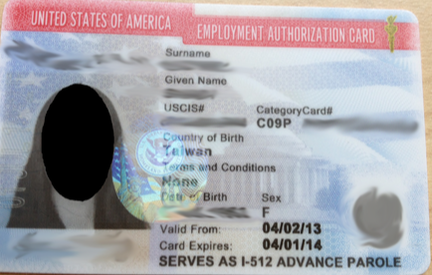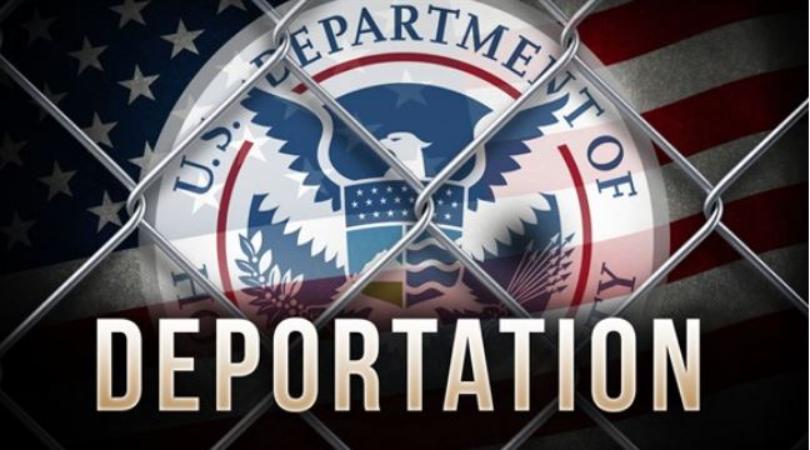Ministers entering the United States solely to work in the ministry for a bona fide non-profit religious organization fall into a specific green card category: employment-based fourth preference.
For those who are already in the United States in temporary non-immigrant R status, applying for a green card is a two-step process:
- Filing a Form I-360, Petition for Amerasian, Widow(er), or Special Immigrant, with the Department of Homeland Security (DHS); and
- Filing a Form I-485 Adjustment of Status application when the individual’s priority date (established by filing the Form I-360) is “current.”
Individuals in temporary R status cannot stay in the United States for more than five years. As a result of retrogression, individuals who were close to becoming permanent residents may not be able to stay in the United States long enough to adjust status. One possible strategy for individuals in this situation is to leave the country, stay out for at least a year, and then try to return in R status. The problem with this option is that R status does not allow for dual intent. Therefore, individuals who have taken the first step in the green card process, filing a Form I-360, may not be able to obtain an R visa at a consulate abroad because they have evidenced their desire to become permanent residents.
Those who were able to file both a Form I-360 and their Form I-485 (Application to Register Permanent Residence or Adjust Status) should be able to remain in the United States as pending adjustment applicants and should be able to continue working on the basis of the employment authorization documents they received through their I-485 applications while waiting to become permanent residents.














 RSS Feed
RSS Feed